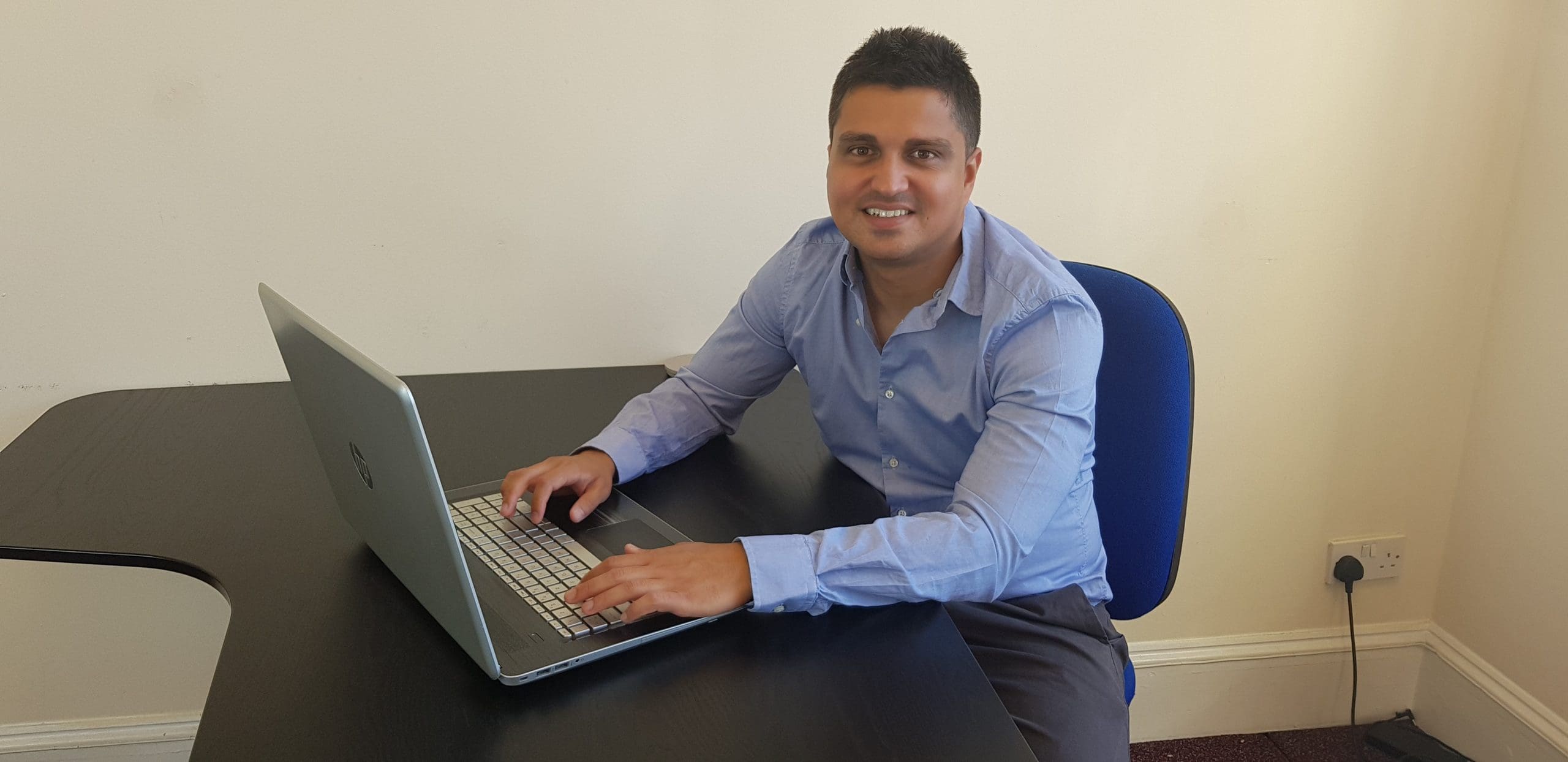The start of a new year is a time when many business owners set financial targets and create cash flow forecasts and budgets for the year ahead.
Right now, thanks to the coronavirus pandemic, it is harder than ever for small businesses to predict profit, costs and turnover.
Nishi Patel, managing director at Northants Accounting, believes that one way businesses can get a better grasp of their numbers and spot problems and trends earlier, is through the use of financial tools.
“There are so many apps and pieces of software on the market now that can really help you with managing the financial side of your business – from bookkeeping and invoicing to mileage trackers,”
said Nishi.
“These can be very intuitive and save you so much time too.”
Nishi has picked his Top Five Financial Tools that can help you to stay on top of your finances:
- Xero is a cloud-based accounting software that has risen in popularity in recent years and now boasts more than two million subscribers. Xero can be used for day-to-day bookkeeping and reconciliations, as well as sending invoices, paying bills and payroll. The reporting feature is also really comprehensive and customisable.
- Float is a web-based cash-flow planning solution that integrates with accounting software including Xero, FreeAgent and Quickbooks to produce visual cash-flow forecasts. It can also run various scenarios, which enables businesses to see potential financial impacts before they make decisions such as taking on a new member of staff, launching a new product or considering using the furlough scheme. It also allows users to create marketing or sales budgets and track them.
- Hubspot is a CRM platform that can help businesses to manage their sales pipeline effectively, which in turn, keeps their accounts healthy. The platform enables them to create leads, market to them and nurture them until they are ready to buy. Hubspot can be used to track customer contact, share documents, run reports and also has the ability to send emails, create tickets, live chat and run reports. It has more than 500 app-based partners so can offer a wide range of useful integrations including Facebook, Google Ads, Outlook and Survey Monkey. It also integrates with financial tools Stripe and Xero.
- MileIQ is an app that works with a phone’s GPS to track mileage. Each journey is logged and users can swipe left or right to assign the journey as ‘work’ or ‘personal’. At the end of the month, the app will email a mileage spreadsheet that can be used for tax purposes. The accompanying website is also worth a look as, on login, it takes you to a dashboard which shows all journeys and the running mileage total in miles and pounds.
- GoCardless is a payment platform that small businesses can use to set up and collect direct debit payments from their customers. Set up is easy and secure and using this web-based tool can improve cash flow as it collects payments automatically and removes the nervous wait for a customer to pay their invoice. GoCardless also integrates with other apps and cloud-based solutions such as Xero to reconcile any direct debit payments that land in the user’s account.
“Using apps and tools really can make running the financial side of your business so much easier,”
said Nishi.
“You don’t need to be an accountant to use and understand them and they can save you so much time that you can spend elsewhere in your business. And, with the Government encouraging small businesses in the UK to ‘Make Tax Digital’, these apps and cloud software tools can make that whole transition seamless too.”
For further advice on managing the financial side your business, contact Northants Accounting on 01604 330129, email info@northantsaccounting.co.uk or visit www.northantsaccounting.co.uk













